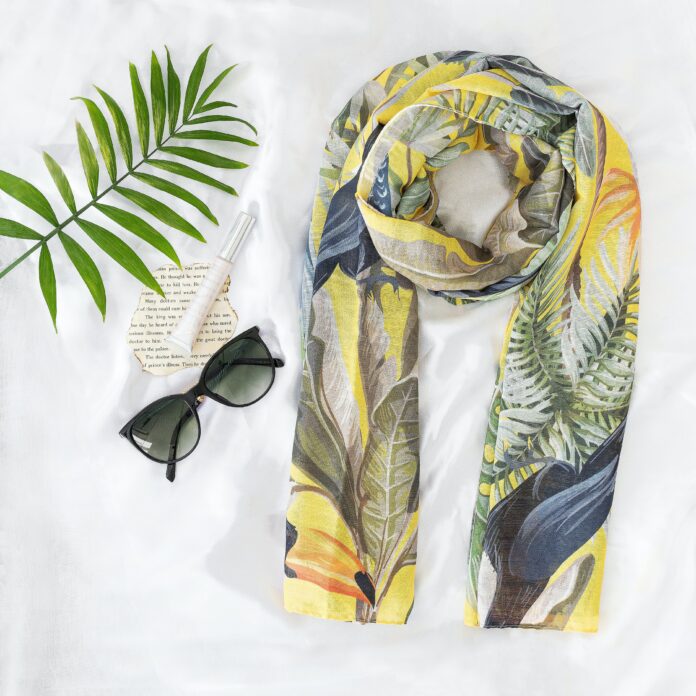The fashion industry has, over generations, become ‘dirty’. It has wounded the environment, according to the World Bank, by polluting 20% of the earth’s freshwater resources, it comprises 10% of global carbon emissions, and a significant amount of the industry’s microplastics (derived from washing synthetic materials) are found in the oceans.
An even more horrifying statistic is that 85% of textiles end up in dumps (that’s some 92-million tons of textile waste), which in the US alone translates into 2150 pieces of clothing being dumped every second. Now add to that human and labour rights abuses in the sector, particularly against women, it starts to feel that in the interests and high turnover margins of ‘fast’ fashion, we have become immune to, or are ignoring, the consequences of buying into the system.
This should not sit well with any of us!
The European Union isn’t ignoring the issue. It introduced legislation that demands its member states collect textile wastes separately from other recyclables by 2025. As awareness around the perils of fast fashion escalate, we are (or at least should be), more enlightened to the devastating impacts the industry has on climate change. It therefore follows that excessive consumption of fast clothing is being highlighted as completely unsustainable. Yet what to do, for in our basic need to clothe ourselves, we eagerly consume the rhetoric that drives us to buy and support fast-fashion operations that can easily present up to 30 new, and affordable, clothing collections a year.
It never used to be like this. ‘Slow’ fashion was an art form where garments were handmade, took the designer incredible amounts of time and creativity to cut patterns, sew and form-fit outfits, which were thus accordingly priced high and valued even more highly. These garments were repaired, repurposed, or passed down to others. They stayed in the system even, at end-of-life, as cleaning rags.
With new consciousness we can all play a role in saving our planet, even something as simple as supporting ‘pre-loved’ clothing outlets and platforms. More effort is required to encourage the return to ‘slow fashion, which in current times translates into buying from designers that use locally-sourced, bio-degradable, organic or natural materials, vs that of ‘fast’ which tends to favour some of the most toxic fabrics to the environment – petroleum-based textiles like nylon, acrylic, polyester and spandex.
While fast-fashion producers are increasingly under pressure to reduce the number of collections released in a year, to address unfair wages and poor working conditions, and to follow ethical sustainable practices, the ‘slow’ fashion sector need only concern itself with producing, as it has always done, some of the best quality workmanship, the ongoing use of sustainable textiles, and creating exclusivity that is a trend within itself. Yes it costs more because slow fashion is not produced at the expense of environmental degradation nor does it underpay employees.
It’s not easy to shop with sustainability in mind but it starts with consciously taking stock of what you have, and donating what you don’t use or wear. The gaps in a wardrobe can be addressed by reading labels and understanding the corporate brand’s sustainability stance. Seek more natural fabric’s that are less perishable and therefore unlikely to land up in dumps. Buy less by buying better, such as finding classic T-Shirts that may cost more but will last far longer through laundry cycles.
And look to the now booming used clothing industry. Generation Z has been hailed for adopting secondhand fashion twice as fast as other demographics and is similarly contributing more to the the rising trend of wearing vintage. It’s true that consumers alone cannot solely be responsible for motivating change in the fashion industry, but we do yield incredible power when we purchase. Use your money wisely, and dress for the good of the planet.

Kerry Dimmer is an international and local award-winning journalist and editor. Kerry writes for both global and local publications and largely on topics with an African-business focus. She has interviewed and engaged with innumerable executives, VIPs and government officials, and strongly believes in presenting a balanced perspective of facts and opinions

